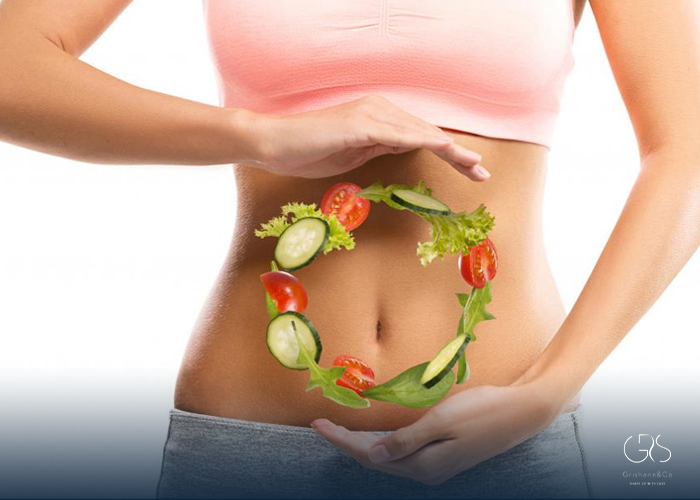In recent years, there has been a growing trend towards consuming unprocessed foods as people become more aware of the potential health benefits associated with this type of diet. Unprocessed foods are those that have not undergone any alterations or additives and are in their natural state. This includes fresh fruits and vegetables, whole grains, legumes, nuts, and seeds. In this article, we will explore the statistics and various perspectives surrounding unprocessed foods, highlighting their importance in maintaining a healthy lifestyle.
Health Benefits of Unprocessed Foods
Nutrient Density
Unprocessed foods are generally high in essential nutrients, including vitamins, minerals, and antioxidants. According to a study conducted by the Department of Nutrition at Harvard School of Public Health, unprocessed plant-based foods, such as fruits, vegetables, and whole grains, provide a higher nutrient density compared to processed foods. These nutrients are essential for optimal bodily functions and overall health.
Reduced Risk of Chronic Diseases
A diet rich in unprocessed foods has been associated with a lower risk of chronic diseases, including heart disease, diabetes, and certain types of cancers. According to the World Cancer Research Fund, consuming a diet predominantly based on whole foods, such as fruits, vegetables, and whole grains, can help prevent approximately 30-40% of all cancers.
Weight Management
Unprocessed foods are often lower in calories and higher in fiber compared to processed foods. This can aid in weight management and help prevent obesity. A study published in The American Journal of Clinical Nutrition found that increased consumption of unprocessed foods was associated with a lower risk of weight gain over a 4-year period.

Improved Digestive Health
Fiber is abundant in unprocessed foods, particularly in fruits, vegetables, and whole grains. Adequate fiber intake is essential for maintaining a healthy digestive system and preventing digestive disorders such as constipation, diverticulosis, and irritable bowel syndrome.

Challenges and Diverse Perspectives
Accessibility and Affordability
One of the major challenges when it comes to adopting a diet consisting of unprocessed foods is accessibility and affordability. In many regions, processed foods are often cheaper and more readily available compared to fresh, unprocessed options. This can limit the choices for individuals with lower incomes or who live in food deserts, areas where access to fresh, healthy foods is limited.
Time and Convenience
The preparation and cooking of unprocessed foods often require more time compared to processed alternatives. In today’s fast-paced world, many individuals may opt for processed foods due to convenience. Balancing work, family, and other responsibilities can make it challenging for individuals to prioritize the consumption of unprocessed foods.
Cultural and Dietary Preferences
Cultural and dietary preferences may also influence the adoption of unprocessed foods. Certain cultures have traditional dishes and food preparation methods that involve processing techniques, such as pickling, fermenting, or cooking ingredients together for extended periods. These cultural preferences may make it difficult for individuals to transition to completely unprocessed diets.
Statistics on Unprocessed Foods
- According to a 2020 study published in the Journal of Human Nutrition and Dietetics, processed foods account for more than half of the total daily energy intake in many high-income countries.
- A report by the United Nations Food and Agriculture Organization (FAO) states that nearly one-third of all food produced for human consumption is lost or wasted. This includes both unprocessed and processed foods.
- The Global Burden of Disease study estimates that poor diet, including inadequate consumption of fruits, vegetables, and whole grains, is responsible for approximately 11 million deaths each year globally.
Conclusion
Unprocessed foods offer numerous health benefits and play a vital role in maintaining a balanced and nutritious diet. However, there are challenges that individuals face in adopting and maintaining a diet rich in unprocessed foods. Addressing issues of accessibility, affordability, and cultural preferences can help promote the consumption of unprocessed foods and improve overall health outcomes. By making informed choices and incorporating more unprocessed foods into our daily lives, we can take a significant step towards leading a healthier and more sustainable lifestyle.
Sources
- Harvard School of Public Health, Vegetables and Fruits
- healthline, Healthy Food vs. Highly Processed Food: What to Know
- World Cancer Research Fund, Wholegrains, vegetables, fruit and cancer risk
- United Nations Food and Agriculture Organization (FAO), Food loss and waste










